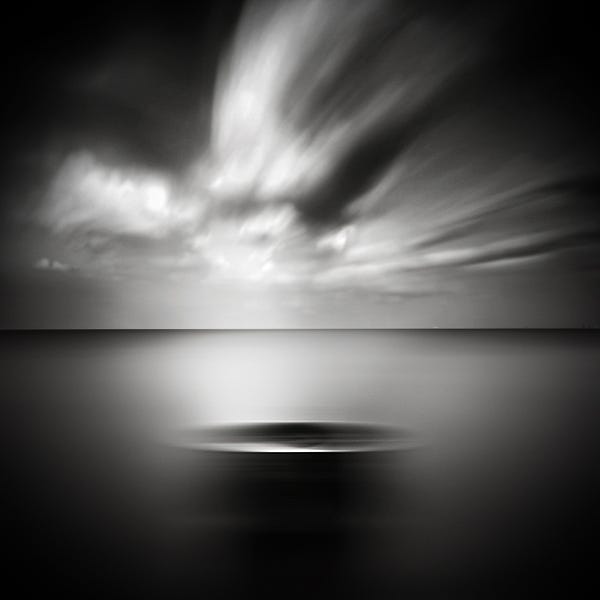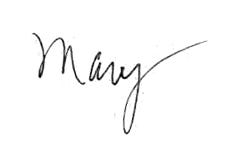Note: You can start reading here or anywhere and then go back if you like. See Table of Contents. Come in the middle? Robert is the narrator who discovers after his wife Lena has died that she had a lover, Isaac. Evan is Isaac’s wife. Robert is on a search for how he lost her: He’s creating the story through memory, invention and a search for the truth and his role in what happened—and by stalking Isaac. Evan and Lena have been outside talking about Isaac’s case: a skeleton of a baby found in the attic of house after it had been sold.
In the dusk and then the dark, fireflies flash their tails. Male fireflies control this flash of light to signal their desire; females flash their willingness. It’s a cold light, no heat, the result of a chemical inside them: Luciferin. Their taste to predators is bitter. Some say that frogs who eat too many of them may also glow. I’ve wondered how the frogs consume the bitter taste. Why aren’t they warned off with the first bite?
I watch them, Lena and Isaac, with a bitter taste in my mouth.
They sat down in their same places and waited for Evan. He said, “We’re like those figures in that print in your living room. Stuck.”
He dislikes it, a museum print of Matisse’s Pianist and Checker Players—the flatness of the perspective, the way the woman at the piano and the men in striped jackets seemed to him to be part of the wallpaper. Isaac and Evan had been in my house the way we’d been in theirs. Though we entertained less, we did include them in the occasional holiday fête. He said that when he was still dabbling in watercolors and oils, he realized “People in paintings can’t move, go forward or backward, to the side. They’re stilled in the frame.”
Did he walk with her through our darkened house on a sun-struck afternoon while I was at work, another brief irrational moment, when they’d entered her house, my house?
I can hear him say while she’d stood by him, followed his gaze, “You can’t hear the music. It’s all so flat.”
Whenever she’d stopped before it, did she recall his brief comment and then his silence? The painting must have reminded her of him, the erotic red that fills the wallpaper, that covers the floor with the Persian rug, the pale yellow of the woman’s dress, the woman who plays the piano.
Isaac knew she loved the painting, liked its flat perspective. In this same way without full perspective, she must have accepted what he told her: We can never be, not knowing that he didn’t believe it.
Now in his house with his wife, Lena handed her glass back to him. “I don’t want a drink.” She looked outside at the sun setting over Evan’s garden.
Did the pale rouge that lay on the clouds make her think of him, of his mouth breathless to her and their kiss, rouge et noir, the inside of him. He saw this when he kissed her, when he kissed the mouth between her legs when he looked the way she looked, boldly, when she took his penis in her mouth and let it go to see the color rise up on the ridge and the rim, when she saw the tiny mouth that seemed to weep with his wanting her. This was how she would have known on a bed of coarse hotel sheets what the feel was of sun on clouds—the silk of the tip of him above her—though she knew you can’t feel color.
The clouds roll outside my window, mound softly into breasts, her breasts when she leaned above me in that moment when I looked, before I touched, when I rose to her, when she came to me without being.
And there she was in his house where she didn’t belong.
She said, “She’s going to make you quite a dinner, but I guess you’re used to that.”
“I grow stuff.”
“A non sequitur? That’s how you answer me?”
“Why would you say that, my darling of the non sequitur?”
“We’re not stuck,” she said.
“A non sequitur. Another, m’dear?”
“You forget that you brought the painting up?”
“You forget that my memory’s bad?”
At this she laughed and said, “I thought I’d lost my sense of humor.”
When he’d stood before the Matisse, on that shining day inside my house where they didn’t belong, when she’d walked to the kitchen through the darkened dining room to get him some water, while she thought he was looking again at its stilled perspective, he must have said something trite, something like this: “I could see the light in the triangle between your legs. And I wanted you.”
Here’s how I imagine the tryst at a hotel. How many times did they go to hotels?
He’d have taken her to a Hyatt, driven, desperate for a room for an hour, two, as much as they could spare without being missed where they belonged.
They didn’t speak of love.
After I’d been with her, inside her, she’d asked me once, “Am I evil?”
“Why do you ask that?”
She would have said it to him. She would have said, “Because I can do this, can’t not.”
And he’d have said simply, “No.”
We both know the answer was ‘no.’ She was not evil.
She said now there in his house with his wife Evan, “Here’s another quote for you: ‘From my young manhood have I known her,’ ” the reprimand she deserved.
“Who?” he said.
“Evan.” When she spoke the name of her lover’s wife, she thought, This is the sound of the inevitable.
At the sound of the name of his wife from his lover’s voice, Isaac heard the pins inside a lock though no one turned a key.
Next: The Tabard Inn: Chapter Six
Table of Contents
Love,











Love the igniting of Robert's jealousy with the images of the fireflies and the frog. "Some say that frogs who eat too many of them may also glow." And then the shift into predation and his bitterness--so masterful :) But it's the final line that leaves me riveted. We so often forget the intricacies of an old lock--the way we do the heart.
This one really glows, Mary.